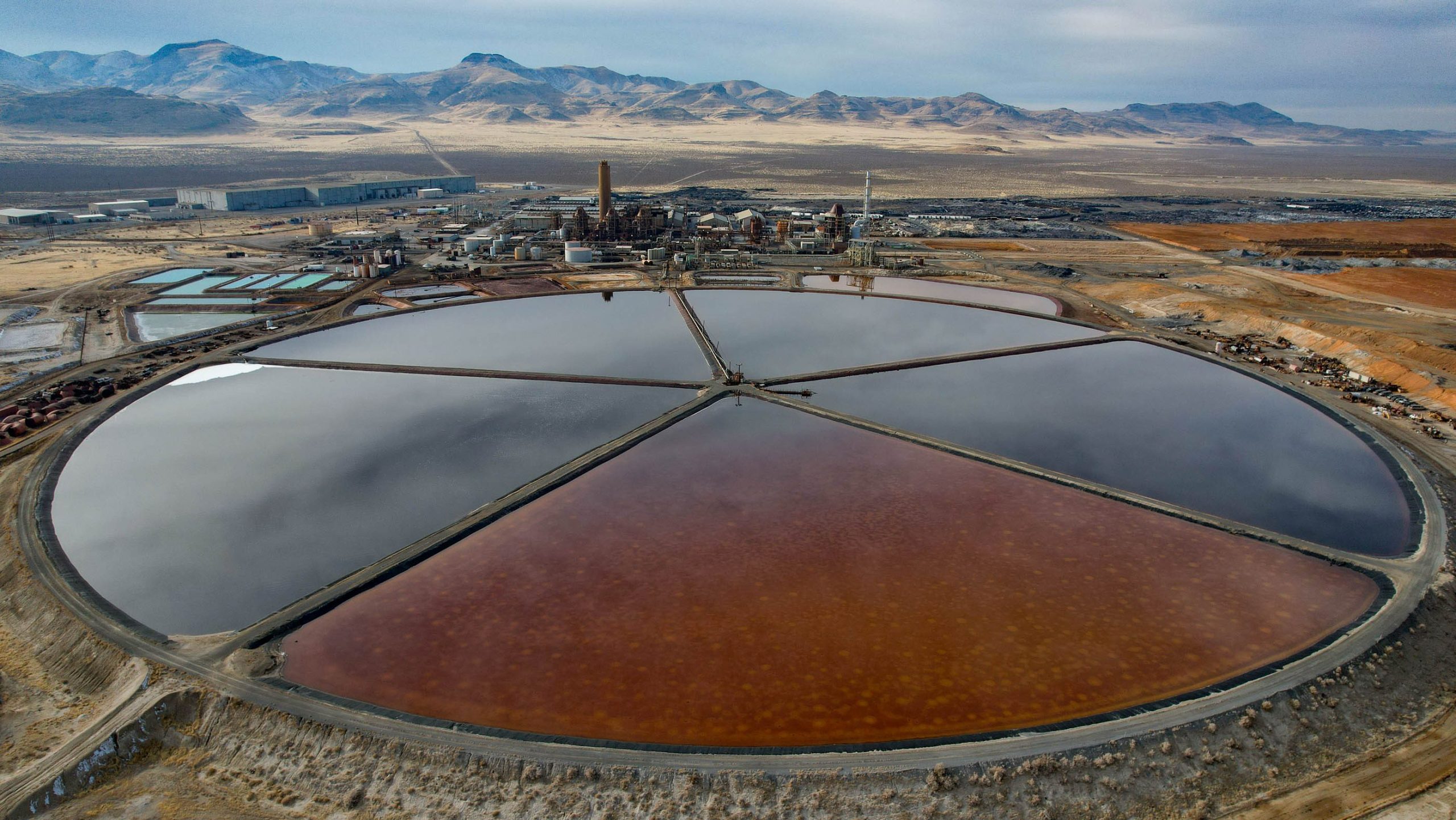Biology, Vol. 14, Pages 447: Effects of Varying Dietary Concentrations of Menadione Nicotinamide Bisulphite (VK3) on Growth Performance, Muscle Composition, Liver and Muscle Menaquinone-4 Concentration, and Antioxidant Capacities of Coho Salmon (Oncorhynchus kisutch) Alevins
Biology doi: 10.3390/biology14040447
Authors:
Han Zhang
Leyong Yu
Abdur Rahman
Sattanathan Govindharajan
Lingyao Li
Hairui Yu
Muhammad Waqas
Vitamin K3 (VK3) is an essential micronutrient for fish growth and metabolism. To determine the optimal required dietary concentration of VK, a 12-week-long trial was planned to investigate the impact of VK3 on growth performance, muscle composition, liver menaquinone-4 (MK-4), whole-body MK-4 concentration, and antioxidant capacity (T-AOC) in coho salmon alevins. A total of 2100 coho salmon alevins were divided into twenty-one tanks, with 100 alevins in each tank, and three tanks represented one group. Each of the seven groups were randomly assigned to one of the experimental diets formulated with varying levels of menadione nicotinamide bisulphite (VK3), i.e., 0.16 (control), 5.25, 10.22, 14.93, 20.51, 40.09, and 59.87 mg/kg, respectively. The results revealed that the inclusion of VK3 from 5.25 to 40.09 mg/kg improved (p < 0.05) the survival rate (SR), weight gain (WG), specific growth rate (SGR), and feed conversion ratio (FCR), while no effect (p > 0.05) was observed on the hepatosomatic index (HSI), viscerosomatic index (VSI), Fulton’s condition factor (K), and muscle composition. The whole-body MK-4, liver MK-4, liver T-AOC, total superoxide dismutase (T-SOD), and catalase (CAT) enzymes were also increased (p < 0.05). Malondialdehyde (MDA) contents were reduced (p < 0.05) in all supplemented groups with a decreasing trend. The predicted optimal required dietary concentrations of VK3 were found to be 34.0, 43.5, 38.54, and 31.97 mg/kg based on WG, SGR, liver MK-4 concentration, and T-AOC, respectively, by quadratic regression analysis. It is concluded that the dietary VK3 has improved the growth performance and antioxidant status in alevins during early development in the range of 31.97 to 43.5 mg/kg diet.
Source link
Han Zhang www.mdpi.com


